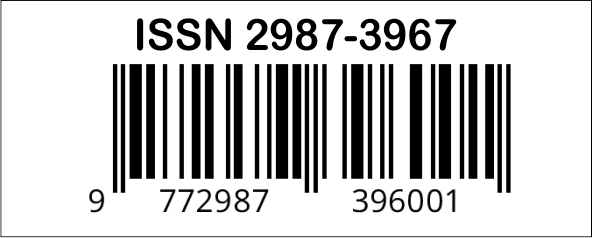The effect of RME-based e-module on students’ creative thinking in mathematics
Abstract
This study aims to investigate the effect of RME-based e-module on students’ creative thinking in mathematics. For this purpose, this study employed quasi experimental research, in particular non-equivalent control-group with pretest and posttest design. A total of 52 students from an experimental and a control group were involved in this study. The data was collected by using a test instrument measuring creative thinking which covered four aspects, i.e. fluency, flexibility, originality, and elaboration. The data was analyzed by using descriptive and inferential statistics. The descriptive statistics shows that students’ scores on creative thinking test increased from pretest to posttest in both experimental and control groups. Regarding the levels of students’ creative thinking, improvement was also observed in both groups. In the pretest all students in the two groups were in low category, but after the intervention these numbers decreased to 11% for the experimental group and 53% in the control group. An inferential statistics was employed to investigate the effect of RME-based e-module on students’ creative thinking. It is found that students who learned by using RME-based e-module performed significantly better than their counterparts in the control group.








